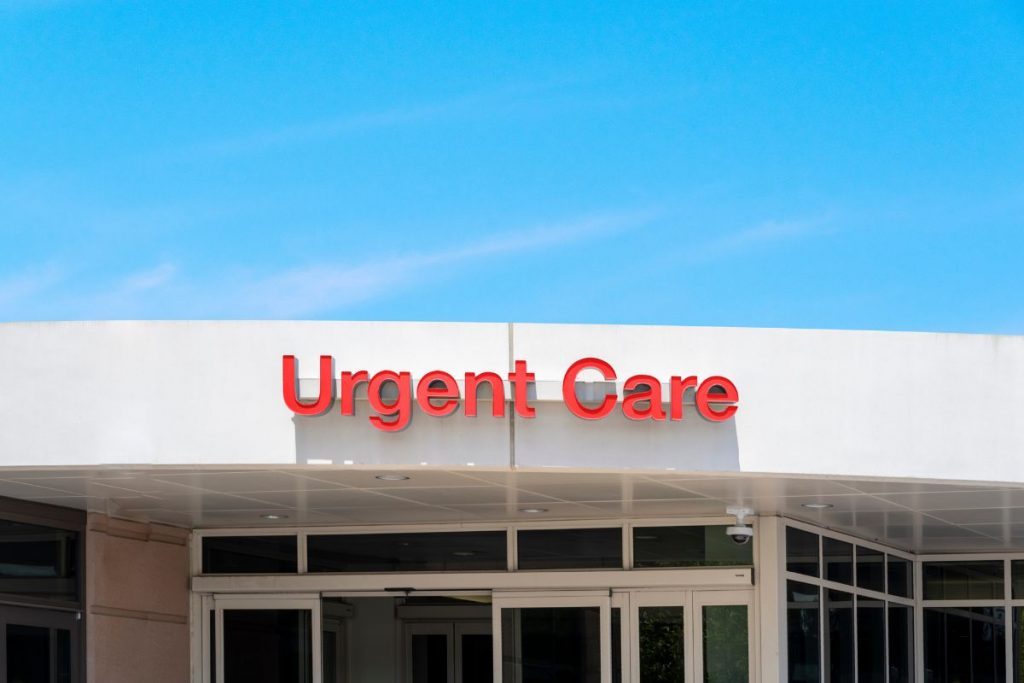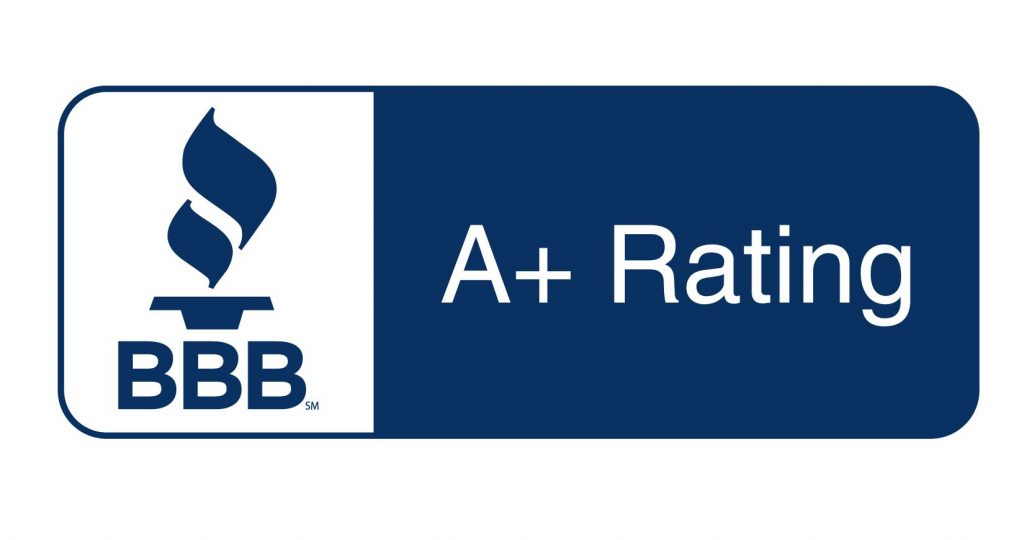It’s pretty likely you’re familiar with emergency care. Most of us have been to the emergency room once or twice. Whether it’s because of a broken arm, sprained ankle, or a deep wound from an accident, we know we can get help at the local ER. We also know how expensive that can be.
Fortunately, urgent care clinics have popped up all over in the last few years. These are more budget-friendly options we can use when we aren’t experiencing a true medical emergency. This is also really helpful, depending on what kind of Medicare plan you have. Original Medicare covers these things differently than Medicare Advantage plans do. This is why it’s important to carefully consider what type of treatment you need.
How do you know if something is a “true” medical emergency? Let’s take a look at urgent care vs emergency care.
Urgent Care
Urgent care is for injuries that are not life-threatening but still require prompt medical attention. For example, if you cut your hand while preparing dinner on Saturday night, you could go to an urgent care clinic for stitches. A deep cut needs attention, but your life (in this situation) isn’t in danger.
Urgent care centers employ a variety of healthcare providers, including doctors, nurses, and physician’s assistants. They offer a wide range of diagnostic tests and services.
More and more urgent care clinics are popping up across the United States all the time. They have extended hours, including weekends, and some of them are even open 24/7. Most urgent care centers accept Medicare and are often providers for Medicare Advantage plans. You’ll end up with lower out-of-pocket costs when you visit urgent care versus an emergency room, and will likely have much shorter wait times.
Urgent care visits fall under Medicare Part B, which means you’ll have a deductible and 20% coinsurance cost. If you have a Medigap plan like Plan G, you’ll only be responsible for the Part B deductible. If you have a Medicare Advantage plan, your copay will be determined by which service you receive at the urgent care clinic.
Emergency Care
Emergency care services are for life-threatening injuries or illnesses that are likely to put you in real danger. If you’re involved in an accident or develop a serious medical condition, a trip to the emergency room is warranted.
Most hospitals accept Medicare. However, if you have a Medicare Advantage plan, you should check to see which hospitals in your area are contracted with your plan. Do this as soon as you enroll (or before you enroll) so that you know which hospital you’ll need to visit in case of an emergency. If you are unsure which hospital takes your Medicare Advantage plan and are in the middle of an emergency, go to the nearest location. All Medicare Advantage plans offer emergency coverage, regardless of network status.
Whether your visit falls under Part A or Part B will depend on what happens after you get to the emergency room. If you are admitted as an inpatient, your coverage will fall under Part A. If you are not admitted or are kept under observation, your coverage will fall under Part B. Medicare Advantage plans have their own copays depending on what services you receive while in the emergency room.

Get the Medical Help You Need
Emergency room visits are generally more expensive than urgent care visits. However, you shouldn’t avoid the emergency room because you’re worried about the cost. Instead, consider which option is better for the situation you find yourself in.
If you have questions about your Medicare coverage, call the experts at Carolina Senior Benefits today. In addition to Medigap and Medicare Advantage plans, we can also give you information about Hospital Indemnity plans, which are another great way to cover urgent care and emergency care costs.





